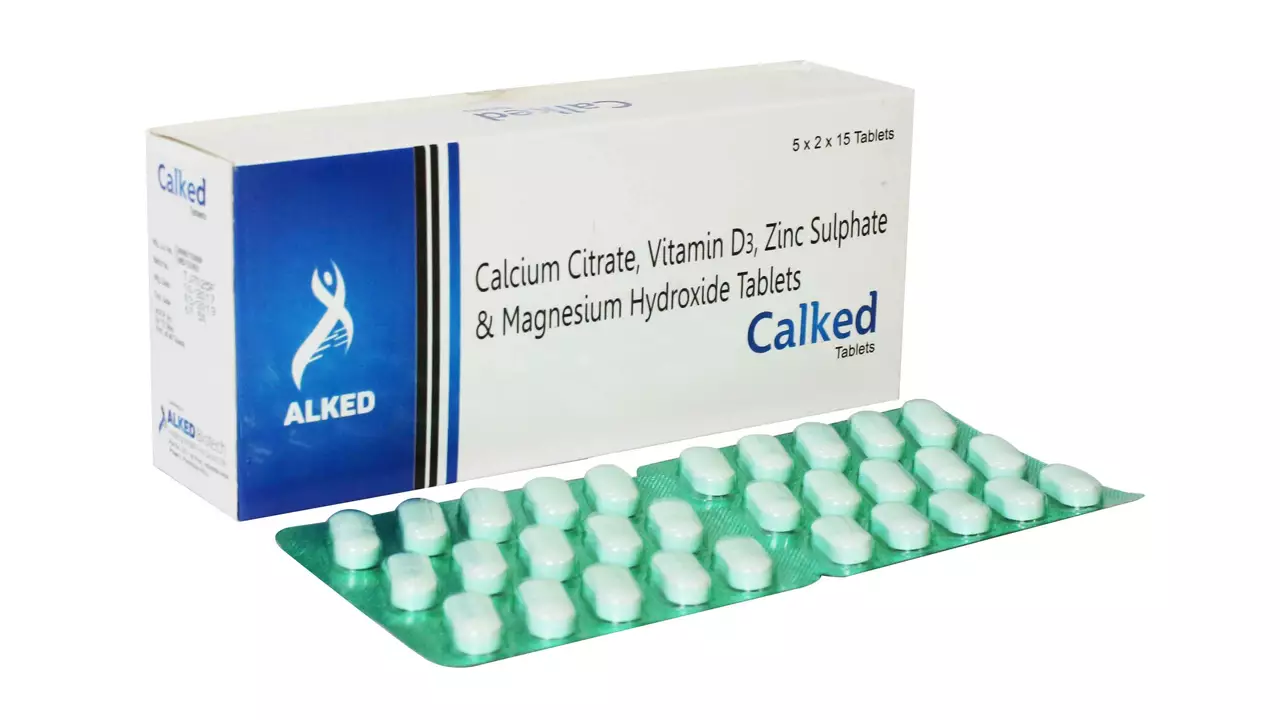Understanding Acid Reflux
Before we delve into the use of magnesium hydroxide for acid reflux, it’s important to understand what acid reflux is. Acid reflux, also known as gastroesophageal reflux disease (GERD), is a common condition that occurs when stomach acid or bile flows into the food pipe and irritates the lining. This condition can cause symptoms like heartburn, chest pain, and difficulty swallowing. Acid reflux is often related to lifestyle factors such as diet, stress, smoking, and lack of physical activity. However, it can also be a symptom of more serious health conditions, so it’s important to consult a doctor if you experience persistent acid reflux.
What is Magnesium Hydroxide?
Magnesium hydroxide is a type of antacid that is often used to relieve symptoms of acid reflux and other digestive issues. Also known as milk of magnesia, it works by neutralizing the stomach acid and increasing water in the intestines which can help to promote bowel movements. Magnesium hydroxide is available over-the-counter in liquid or tablet form, making it a convenient option for many people suffering from acid reflux.
How Does Magnesium Hydroxide Work?
So, how exactly does magnesium hydroxide help to alleviate acid reflux? Well, it all comes down to chemistry. When you consume magnesium hydroxide, it reacts with the hydrochloric acid in your stomach to form magnesium chloride and water. This reaction effectively reduces the amount of acid in your stomach, thus relieving symptoms of acid reflux like heartburn and indigestion.
How to use Magnesium Hydroxide for Acid Reflux
Using magnesium hydroxide for acid reflux is quite straightforward. Simply follow the instructions on the product label or as prescribed by your healthcare provider. Typically, adults are advised to take 1 to 2 tablespoons of liquid magnesium hydroxide, or 2 to 4 tablets, with a glass of water. It’s best to take this medication as needed for symptoms, but not more than once every 24 hours.
Possible Side Effects and Precautions
Like all medications, magnesium hydroxide can cause side effects. These can range from mild to severe and may include diarrhea, stomach cramps, and nausea. If you notice any of these side effects, it’s important to contact your healthcare provider immediately. Additionally, people with kidney disease or certain other medical conditions should avoid using magnesium hydroxide unless advised by a doctor.
When to Consult a Doctor
While magnesium hydroxide can be an effective remedy for occasional acid reflux, it’s important to consult a doctor if you’re experiencing chronic or severe symptoms. Persistent acid reflux can be a sign of more serious health conditions, like gastroesophageal reflux disease (GERD) or esophageal cancer. Therefore, it’s critical to seek medical advice if your symptoms persist despite home treatment.
Other Remedies for Acid Reflux
Aside from magnesium hydroxide, there are many other treatments available for acid reflux. These include lifestyle changes like eating smaller meals, avoiding spicy or fatty foods, quitting smoking, and exercising regularly. Other over-the-counter medications like H2 blockers and proton pump inhibitors can also help to reduce stomach acid and relieve symptoms. Always consult your healthcare provider before starting a new treatment regimen.
Conclusion
In conclusion, magnesium hydroxide can be a useful tool for managing symptoms of acid reflux. While it’s not a cure-all, it can provide temporary relief and improve your quality of life. As always, it’s important to consult a healthcare provider before starting any new medication or treatment regimen. Remember, your health is in your hands, so take control and make the choices that are right for you.


This was so helpful! I've been using milk of magnesia for years and never knew the science behind it. Seriously, it's like a little miracle in a bottle 🙌